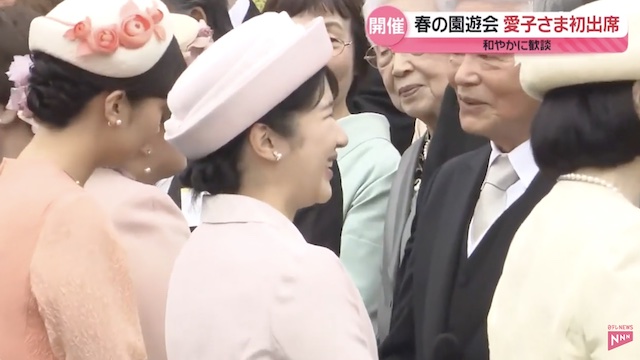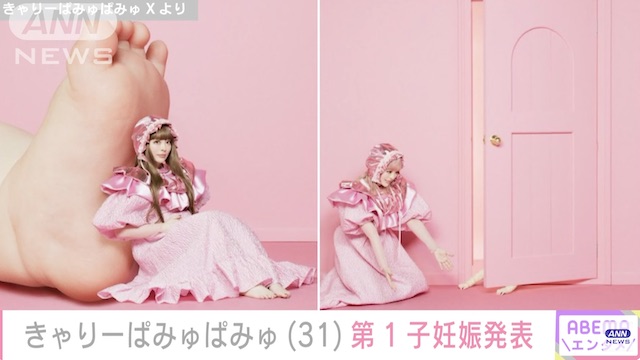Dec 04 (Japan Times) - Japanese students ranked at their lowest level ever in reading while remaining in the top band in science and mathematics in a triennial international survey on academic ability, the OECD said Tuesday.
The 2018 Program for International Student Assessment tests covered about 600,000 15-year-old students in 79 countries and regions.
Japanese students came 15th in reading, down from eighth in the 2015 tests.
They scored 504 points on average in reading, which was higher than the average score of 487 among the 37 OECD members, but down by 12 points from the previous test, with students in the bottom bracket scoring fewer than 408 points accounting for 16.9 percent, up by 4 percentage points.
The education ministry believes students can still improve in their ability to find information from texts, as well as better evaluate the credibility of texts and more clearly explain their thoughts and reasoning to others.
It also pointed out that Japanese students are not used to reading long passages on computer screens.
Japanese students also ranked lower in science and mathematics, at fifth, down from second, and sixth, down from fifth, respectively.









